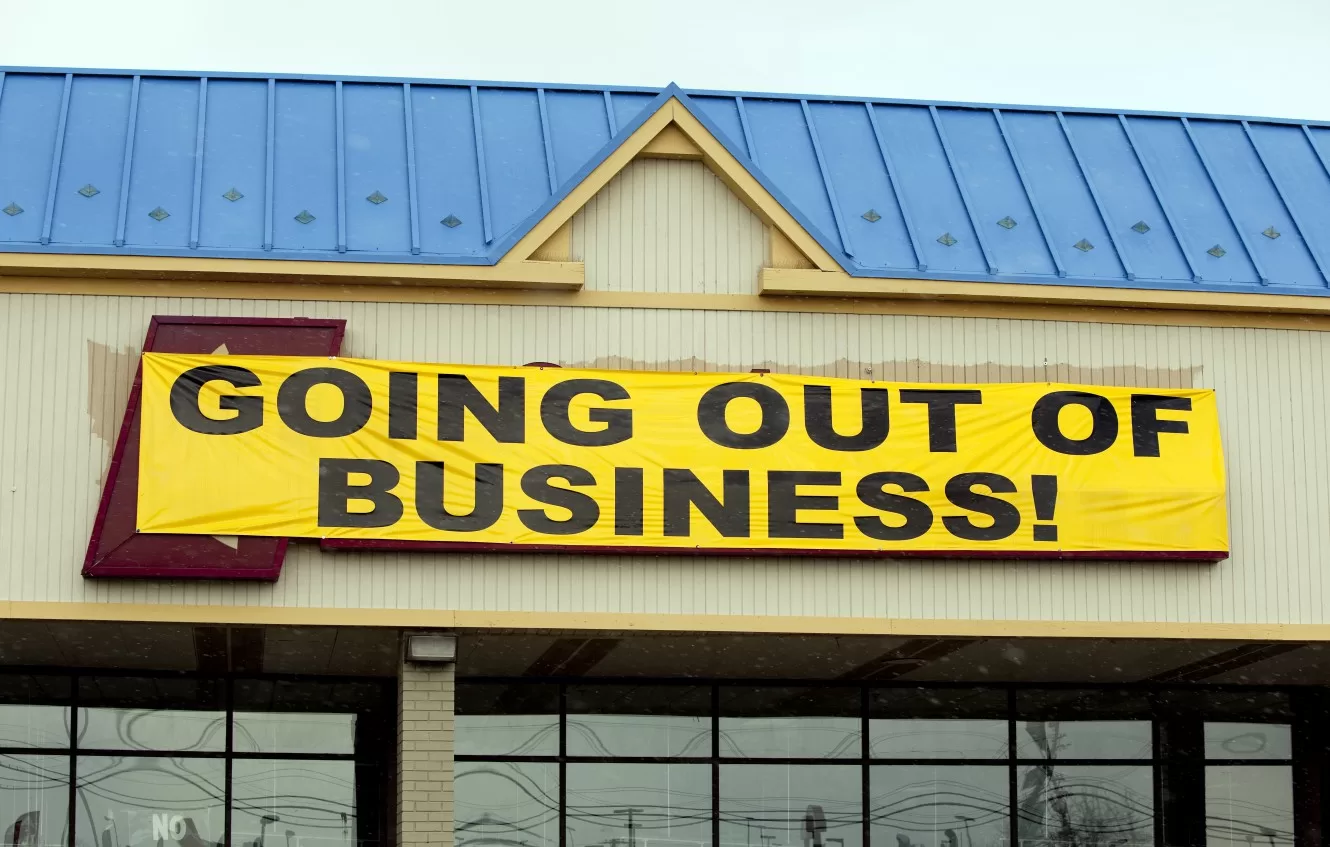RETAILERS have been feeling the squeeze since the pandemic, while shoppers are cutting back on spending due to the soaring cost of living crisis.
High energy costs and a move to shopping online after the pandemic are also taking a toll, and many high street shops have struggled to keep going.
The high street has seen a whole raft of closures over the past year, and more are coming.
The number of jobs lost in British retail dropped last year, but 120,000 people still lost their employment, figures have suggested.
Figures from the Centre for Retail Research revealed that 10,494 shops closed for the last time during 2023, and 119,405 jobs were lost in the sector.
It was fewer shops than had been lost for several years, and a reduction from 151,641 jobs lost in 2022.
The centre’s director, Professor Joshua Bamfield, said the improvement is “less bad” than good.
Although there were some big-name losses from the high street, including Wilko, many large companies had already gone bust before 2022, the centre said, such as Topshop owner Arcadia, Jessops and Debenhams.
“The cost-of-living crisis, inflation and increases in interest rates have led many consumers to tighten their belts, reducing retail spend,” Prof Bamfield said.
“Retailers themselves have suffered increasing energy and occupancy costs, staff shortages and falling demand that have made rebuilding profits after extensive store closures during the pandemic exceptionally difficult.”
Alongside Wilko, which employed around 12,000 people when it collapsed, 2023’s biggest failures included Paperchase, Cath Kidston, Planet Organic and Tile Giant.
The Centre for Retail Research said most stores were closed because companies were trying to reorganise and cut costs rather than the business failing.
However, experts have warned there will likely be more failures this year as consumers keep their belts tight and borrowing costs soar for businesses.
The Body Shop and Ted Baker are the biggest names to have already collapsed into administration this year.
